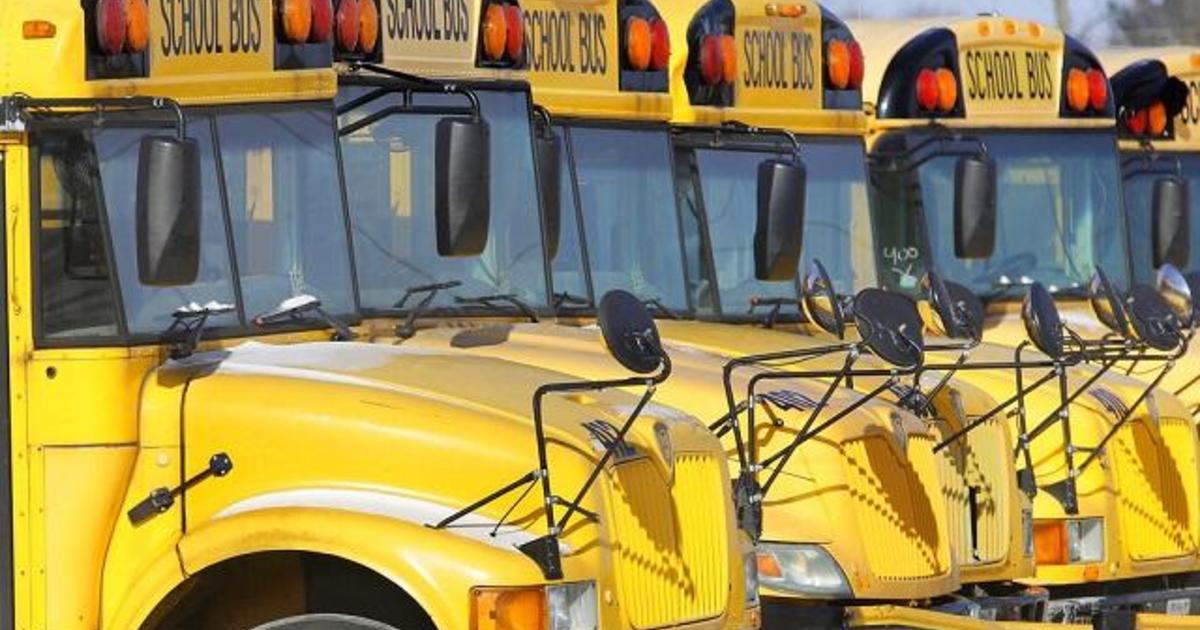Survey: Most Republicans In Favor Of Higher MPG Requirements

Democrats and Republicans might disagree on a lot of things, but it appears that fuel economy regulation doesn't need to be one of them.
According to a new nationwide study, those who identify Republican are nearly as likely to think that we need to put a tighter fuel-efficiency framework in place as those who identify Democrat.
The study, which was commissioned by the Consumer Federation of America (CFA) and conducted by Opinion Research Corp. last month (of a sample size of 2,000), found that 62 percent of Americans support a 60-mpg standard by 2025. Just 32 percent indicated they're against it.
More than 60 percent of both Democrats and Republicans agreed that they think it's important to decrease oil consumption and that the federal government should require automakers to increase fuel economy—leading up to a 60-mpg standard by 2025.
A lot of common ground when it comes to petroleum independence?
According to the survey, two-thirds of those who identify Republican support the general concept of fuel economy standards while more than half support the 60-mpg standard in the works. General support for higher fuel-efficiency standards in general was at 75 percent nationally and as high as 82 percent, in California.
Compliance with a 60-mpg standard is expected to add cost to new vehicles, yet it would, over time, pay off because of lower fuel costs. The survey even varied the questions to consider this payback for the 60-mpg technology—asking about three-, five-, and ten-year paybacks, along with policies left up to the states, but in each case both Democrats and Republicans supported the policy by more than 50 percent. Support peaked for the shortest three-year payback, with Democrats at 72 percent and Republicans at 62 percent.
Where we get our oil was one of the common worries among respondents. About two-thirds of those supportive of the new standards were concerned about either fuel prices or Middle East oil dependence.
Addressing a common concern: high gas prices and foreign oil
It's already been a year of elevated worry about high gas prices; and according to the survey, 85 percent of Americans are concerned about gas prices while 87 percent are concerned about our oil consumption. The average household expenditure on gasoline is estimated to have risen by more than $1,000 per year from 2009 to 2011, due to rising pump prices as well as volatility that's in part due to a dependence on oil imports.
The non-profit organization, which has been calling for the stricter standard, stresses that any successful fuel economy program must be long-term, to give consumers and the industry time to adapt, and it must accommodate consumer preferences by understanding that while SUVs have the same footprint as lower compact cars they simply can't achieve the same mileage. "Standards for larger vehicles will be more lenient, but every vehicle class will be required to improve at a fast pace," the CFA said in summary, in an appeal to policymakets. "This levels the playing field between auto makers and removes any pressure to push consumers into smaller vehicles."
[Consumer Federation of America]
This story originally appeared at The Car Connection



